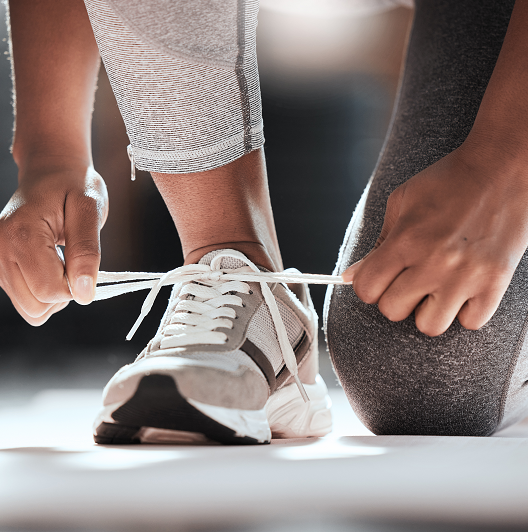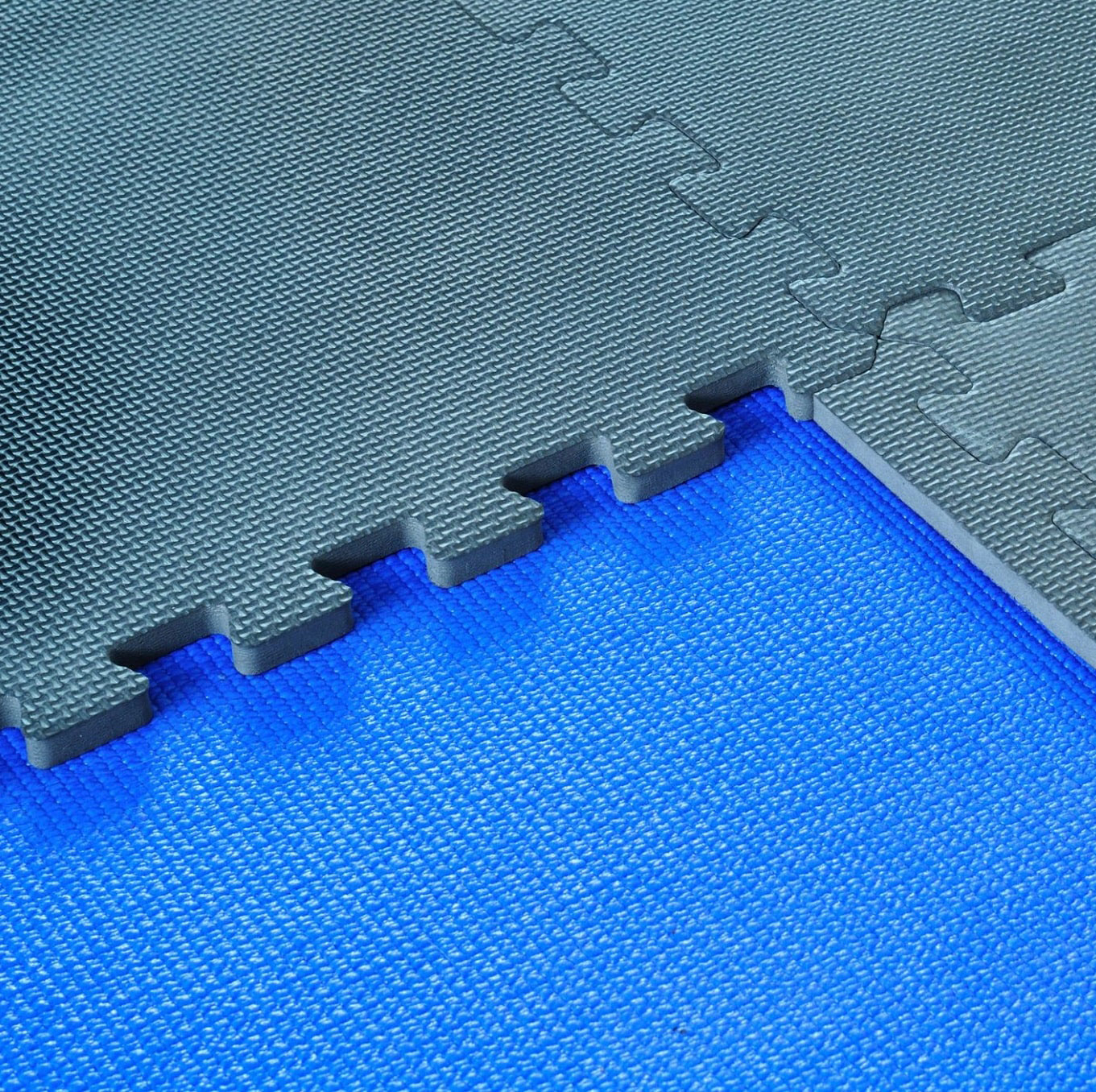Are Flip-Flops Bad for Your Feet?

August 22, 2019
Some Flip-flops Can Be Dangerous to Wear for Long Periods
Flip-flops may protect you from everyday dangers, like super-hot sand or broken glass at pools and beaches. But many of these sandals consist of very lightweight materials that offer little to no support when you’re walking long distances or running. Over time, this can lead to stress fractures—a small crack or severe bruising within a bone—due to overuse and repetitive activity. People that suffer from osteoporosis or other diseases that weaken the bones are at greater risk for getting an injury.
“During the summer months, we typically see an increase in foot injuries because people are either wearing flip-flops way too often, or they’re wearing them for activities that really require a protective shoe,” says Larry Bloomstein, M.D., an orthopedic surgeon affiliated with Bayshore Medical Center and Riverview Medical Center.
Can flip-flops cause an infection?
Flip-flops and open sandals can expose your feet to bacterial or fungal infections if you wear them out in public. “The rubber and plastic used in flip-flops can be bacteria magnets,” says foot and ankle surgeon Christina Sawires, D.P.M. “And fungus thrives in warm, moist environments—so if you’re wearing your flip-flops at the beach or pool, you increase your risk of a fungal infection.” With flip-flops, because only a thin rubber strap holds your shoe and your foot together, your foot is constantly moving and your toes rubbing together. “That can lead to irritation and blisters,” says Dr. Sawires.
To protect your feet from infection or blisters:
- Keep your feet clean and dry.
- Replace low-quality flip-flops regularly.
- Make sure your flip-flops are sized correctly.
Wearing the Right Footwear
Choosing footwear can be a difficult balance of style and comfort. Many people during the warmer months wear flip-flops when they should really be opting for a sneaker or other more protective shoe. Dr. Bloomstein says people should think twice about wearing flip-flops while:- Riding a bicycle, skateboard, scooter or other non-motorized vehicle
- Hiking or climbing
- Playing any kind of sports
- Driving a car
- Moving across wet or loose surfaces
Are flats or ballet shoes OK?
Bad news. Flats and ballet shoes also do a poor job of supporting and protecting your feet, but don’t throw out your favorite pair just yet! Many orthotics companies make a clear gel insole that fits perfectly inside of your flats and provides just the right amount of cushioning. Look for a pair that has a good amount of padding on the ball of the foot.
What should you do if you have foot pain?
If you are feeling pain in the ball or heel of your foot while wearing flip-flops, flats or ballet shoes, stop wearing them immediately and switch to a more supportive sneaker or shoe, says Dr. Bloomstein.
See your doctor as soon as possible if the pain continues for more than a couple weeks or prevents you from doing normal activities. Ignoring the pain can have serious consequences and could lead to a more severe injury, longer recovery times and even surgery.
Next Steps & Resources:
- Meet our sources: Larry Bloomstein, M.D., and Christina Sawires, D.P.M.
- To make an appointment with an orthopedic doctor near you, call 800-822-8905 or visit our website.
The material provided through HealthU is intended to be used as general information only and should not replace the advice of your physician. Always consult your physician for individual care.
Find a doctor near me

Proper Shoes for Less Foot Pain
Proper shoe lacing is just one of many simple things you can do to safeguard your feet during workouts.

How Can Sneakers Help Relieve Foot Pain?
Find relief from foot pain. Learn how the right sneakers can help. Expert advice from Dr. Econopouly. Call 800-822-8905 for an appointment.
Find a doctor near me

The Worst Shoes for Your Feet
Protect your feet! Learn which shoes cause foot pain from Dr. Goldstein at Pascack Valley Medical Center. Find relief and schedule an appointment today.

Are High Heels Bad For Your Health?
High heels hurting your feet, knees, or back? Dr. Eric Baskin offers advice and tips for pain relief. Learn how to ease discomfort and protect your health.

What Floors Are Best to Work Out On?
Best workout flooring for home gyms? Dr. Parikh recommends softer surfaces like rubber, foam, or low-pile carpet to protect your joints. Learn more.

6 Tips For Running A Marathon For Beginners
Learn Dr. Silver's 6 marathon training tips for beginners. Avoid common running injuries & improve your performance. Get expert advice now!
